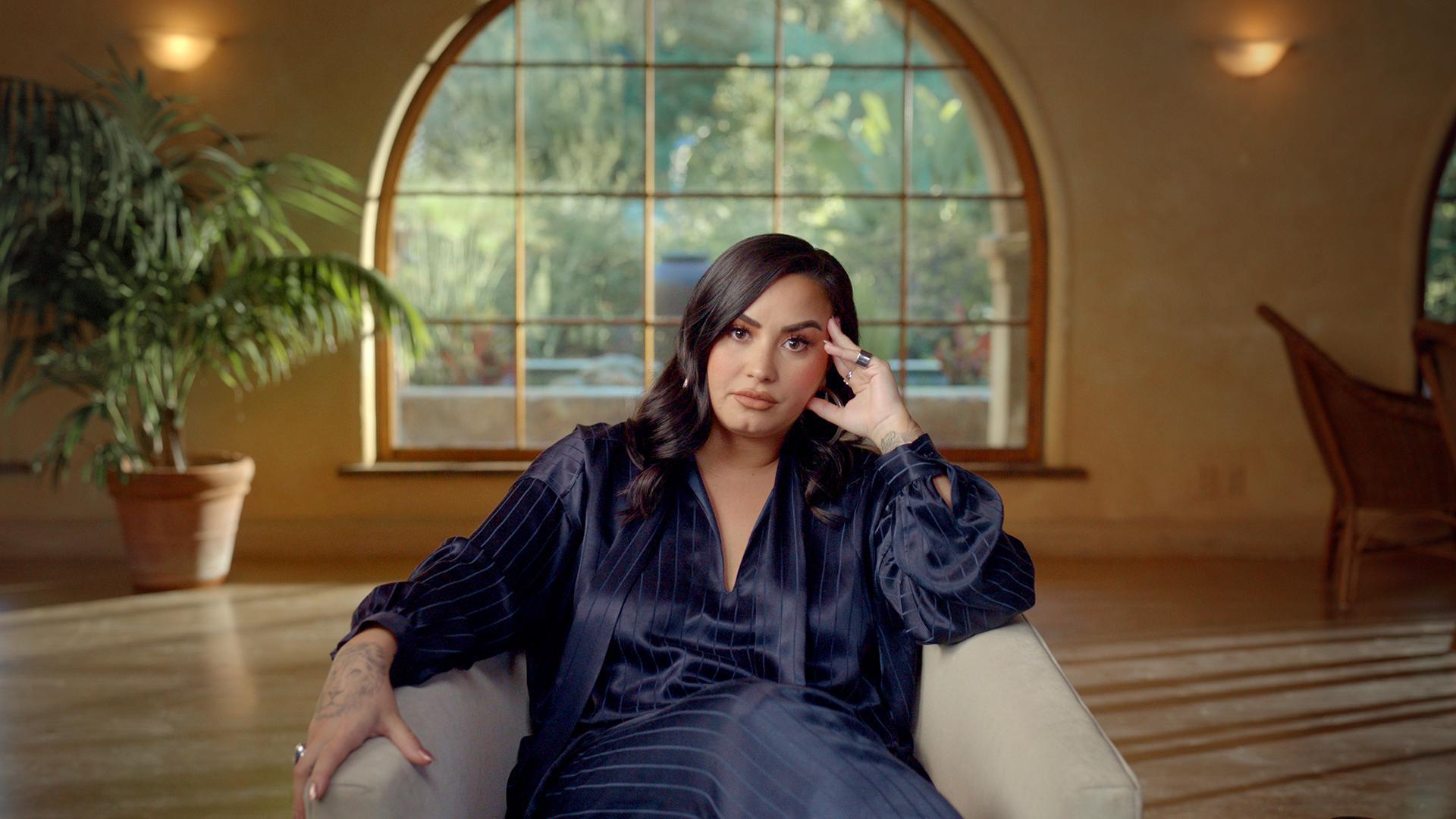What to Watch Verdict
Demi Lovato: Dancing With The Devil is an intimate exploration of fame, addiction and the complex nature of recovery. Lovato continues her powerful work of being open about her struggles by taking control of this narrative.
Pros
- +
Brutally honest about the pain caused by addiction.
- +
▪️Finally gives Demi agency, allowing her to tell this story on her terms.
- +
▪️Being a four-part series gives it time to delve fully into the details of her overdose and journey to recovery.
Cons
- -
▪️DWTD is pretty self aware and understands that Demi’s story says something bigger about fame and mental health, but never truly delves into what that is.
Demi Lovato: Dancing With The Devil is part of our SXSW 2021 coverage. You can find all of our reviews here.
For the past decade, Demi Lovato has been gifting us her brutal honesty. Her openness about mental health, struggles with addiction and her eating disorder (among so much more) has played a pivotal role in the lives of thousands of fans. Continuing this work, her new YouTube docuseries speaks with striking candor about her personal life, while being honest about something even bigger — the way that her narrative has snowballed beyond her control. Demi’s story has been told in headlines and tabloid articles more than it has in her own voice. Dancing With The Devil finally grants her control of this story. Though the story chronicles is often heartbreaking, it is distinctly glorious to watch Demi regain that power.
Centering on her 2018 heroin overdose, the series unpacks the story surrounding that night, the factors leading up to it and the devastating aftermath. Providing a fascinating commentary on the scope of tragedy, the DWTD constantly attests that Lovato’s struggles are bigger than a single person. Interviews with her family, close friends and team members reveal how expansive the pain became. Among these stories is that of her choreographer and close friend Dani Vitale, whose life and career were wrecked by the overdose coverage. Having become a popular target for blame, she was treated especially harshly by Lovato’s fans, receiving fervent hatred and even death threats. Zeroing in on her narrative, the series allows Vitale to set the record straight, where news retellings and tabloid coverage never did. The significance that DWTD puts on Lovato’s loved ones grants them necessary agency, while also effectively establishing her humanity. She is often seated beside the team members being interviewed and, though she may be quiet in these sequences, emotions are high as they describe dark moments in her past.
While the leadup to the overdose is covered in the first two parts of the series, Lovato’s journey to recovery is centered in the latter half. Catching up to the present, DWTD even addresses Lovato’s life throughout quarantine, making clear that recovery is ongoing and continuous. She spends much of these episodes arguing that her journey should not be painted as definitive. So much of the series comments on this tendency to put her on a pedestal as she works through personal struggles. Staring directly into the camera, Demi shoots this down, arguing that recovery in any form isn’t “one size fits all.”
The trailers for this series heavily leaned into the idea of going beneath the surface to reveal really taboo content; unlike so many celebrity documentaries before it, DWTD fully delivers. To hammer this in, director Michael Ratner includes footage from a scrapped 2018 tour documentary, in production before Demi's relapse and overdose. These scenes paint a stark difference, illustrating just how much could have been held back and making her brutal honesty even more impactful. Demi Lovato has been a champion of honesty and a beacon of hope for so many fans because of her constant push to destigmatize these difficult conversations. As someone who once collected her albums and posters, I’ve always found her emotional generosity to be immense. She takes that to a new level in DWTD, speaking with raw emotion and intense vulnerability.
There is a degree of salaciousness to the series. As the story unfolds — with footage of her lowest points and insight into her personal trauma — it's hard not to feel in the wrong. While this silently looms over the episodes, I found myself wishing the series took more time to reflect on these emotions. Dancing With The Devil is somewhat self aware of its larger implications — late in the series, Lovato makes the comment, “there are bigger things to talk about than me.” But ultimately, this is a footnote in the overall series; there is a bigger story about fame, celebrity worship and the stigma surrounding mental health, but that’s not what this story is about.
Maybe on some level, this is okay. In the end, this is Demi’s story and her chance to be in control of the narrative. She goes on to proclaim, “I’m not living my life for other people or their headlines” and that hits hard. It's impossible not to find joy as she reclaims her life and it is utterly cathartic to see her embrace that joy onscreen.
The latest updates, reviews and unmissable series to watch and more!
Directed by Michael D. Ratner and produced by his company OBB Media.

